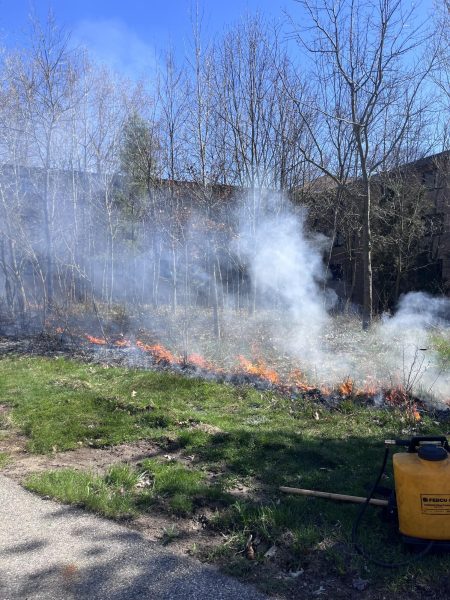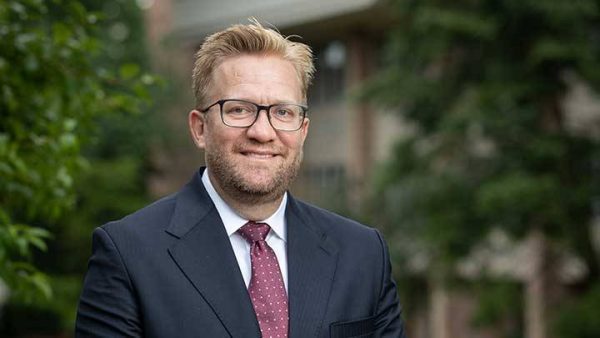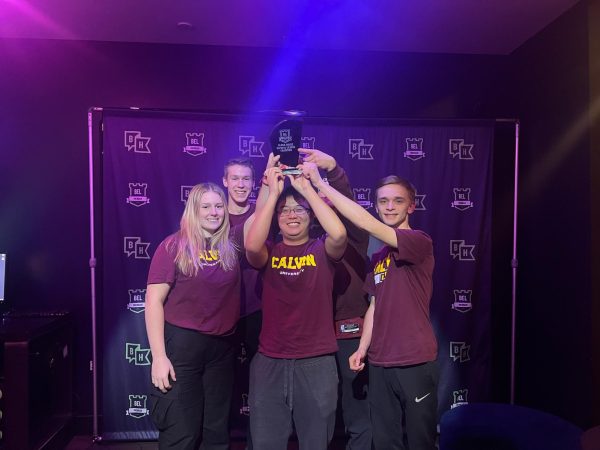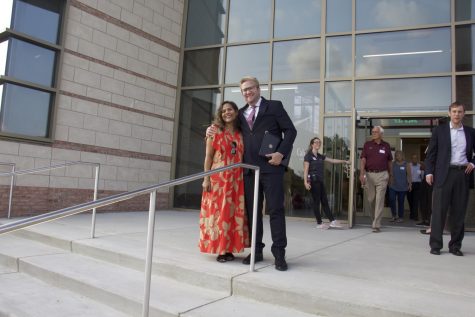Unmasked app hosts conversations on mental health, tackles issues created by anonymous forums

According to the Unmasked Project’s website, the app has impacted the lives of over 4,500 students across 17 colleges.
Since it became available to the Calvin community last month, the Unmasked app has been flooded by posts about relationship advice, the highs and lows of mental health struggles, loneliness, awkward encounters, riddles, and the relative merits of various household appliances.
The Unmasked Project’s website describes the app as a “supportive, anonymous community for college students, by college students. As a student movement, we are working to erase the stigma surrounding mental health and lower the barriers to accessing emotional support.”
Center for Counseling and Wellness Director Irene Kraegel called Unmasked “a place to vent, connect, and share support with others who are going through similar experiences…an easy-access, low-stigma entry point for people seeking emotional support – a place where people can be genuine and provide mutual care for one another in a non-threatening environment.”
Several students posted concerns about possible removal of their anonymity and their frustrations with the options available at the CCW. Moderators reassured that the platform is anonymous unless a user is an imminent threat to themselves or others. Individual counseling is available on a one-session-at-a-time basis, and when the recommended mode of treatment is long-term weekly individual therapy, counselors work to connect students with off-campus providers, the moderator wrote.
The app is moderated by students who have received training and participate in weekly meetings. Their role, according to Kraegel, is to “provide encouragement, recommend resources, and assess for safety when needed.”
Earlier this month, moderators removed a post that mocked some behaviors of stereotypical Calvin females by comparing them to President Donald Trump. Moderators then posted an explanation of their decision and clarified the purpose of the app in the hopes of cutting down on hostile political exchanges, saying that the app is intended to be “a safe, supportive space” and adding a “politics” option to the trigger warning feature.
“While any anonymous virtual platform is susceptible to misuse,” Kraegel said, “we feel confident that the peer moderated nature of this particular app provides helpful safeguards.”
She also explained that “distraction, humor, lashing out, and other forms of avoidance” are often “defense mechanisms” which pop up on the app as reactions to the discomfort of emotional vulnerability.
Many of the users have expressed disillusionment with therapy, venting frustrations and fears about the CCW. Kraegel encouraged anyone with frustrations specifically related to the CCW to speak with her ([email protected] or 616-526-7016).
“Our goal is to be a hub for mental health services. Whatever a student’s mental health concern, we know we can help to connect them with the best resource to help them reach their mental health goals, whether that is on or off campus,” Kraegel said.










